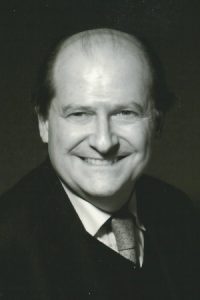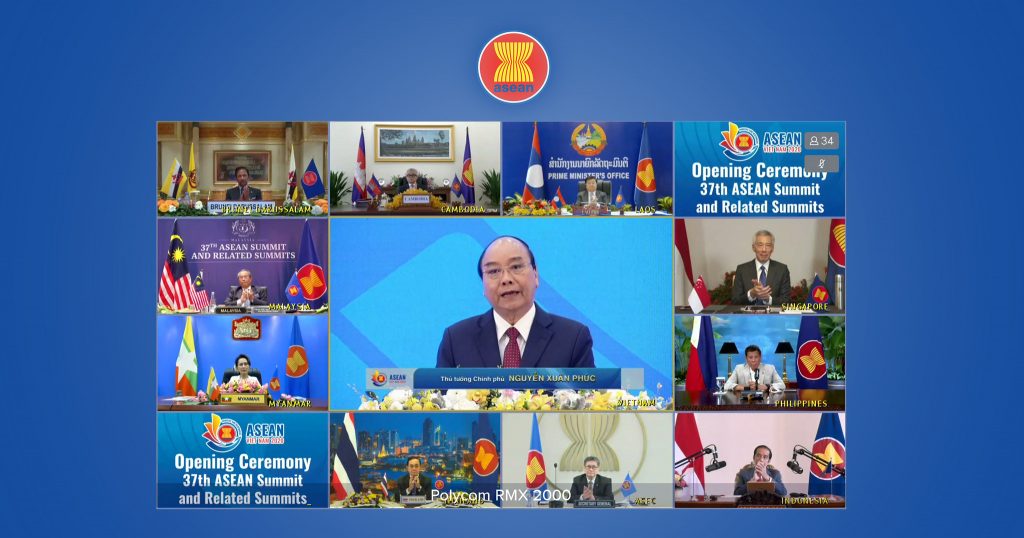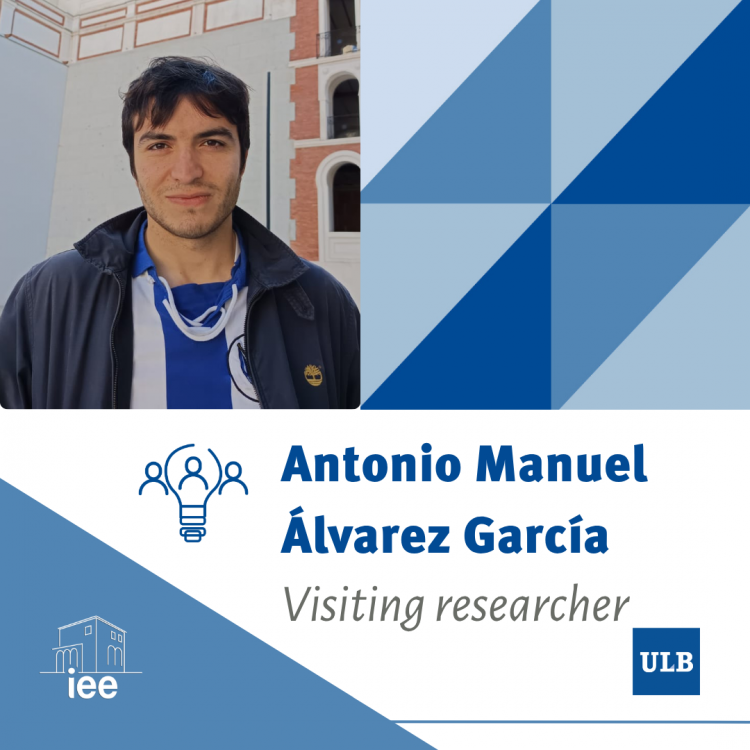 Mario Telò is a professor at the LUISS University and the ULB, President Emeritus of the IEE-ULB. He is a member of the Royal Academies for Science and the Arts of Belgium.
Mario Telò is a professor at the LUISS University and the ULB, President Emeritus of the IEE-ULB. He is a member of the Royal Academies for Science and the Arts of Belgium.
After eight years of negotiations, the Great Asia-Pacific Free Trade Agreement has been signed. The RCEP (Regional Comprehensive Economic Partnership) brought together the 10 countries of the Association of South East Asian Nations (Brunei, Myanmar, Cambodia, Indonesia, Laos, Malaysia, Philippines, Singapore, Thailand and Vietnam), the three major economies from North East Asia (Korea, China and Japan) and two of the other three members of “ASEAN plus 6”: India, Australia and New Zealand. A very important region: in twenty years it has gone from 20% to more than 30% of the world economy, being above all one of the most dynamic parts of the planet, the vanguard of post-Covid growth (+ 0.2 % estimated growth). India withdrew in December 2019 for three reasons: China’s desire for containment, fear of an invasion not only of Chinese products, but of all the other countries with which it reports a trade balance deficit; commercial standards, deemed too high.
To read professor Telò’s analysis (in French), please click here:
Photo: ASEAN




